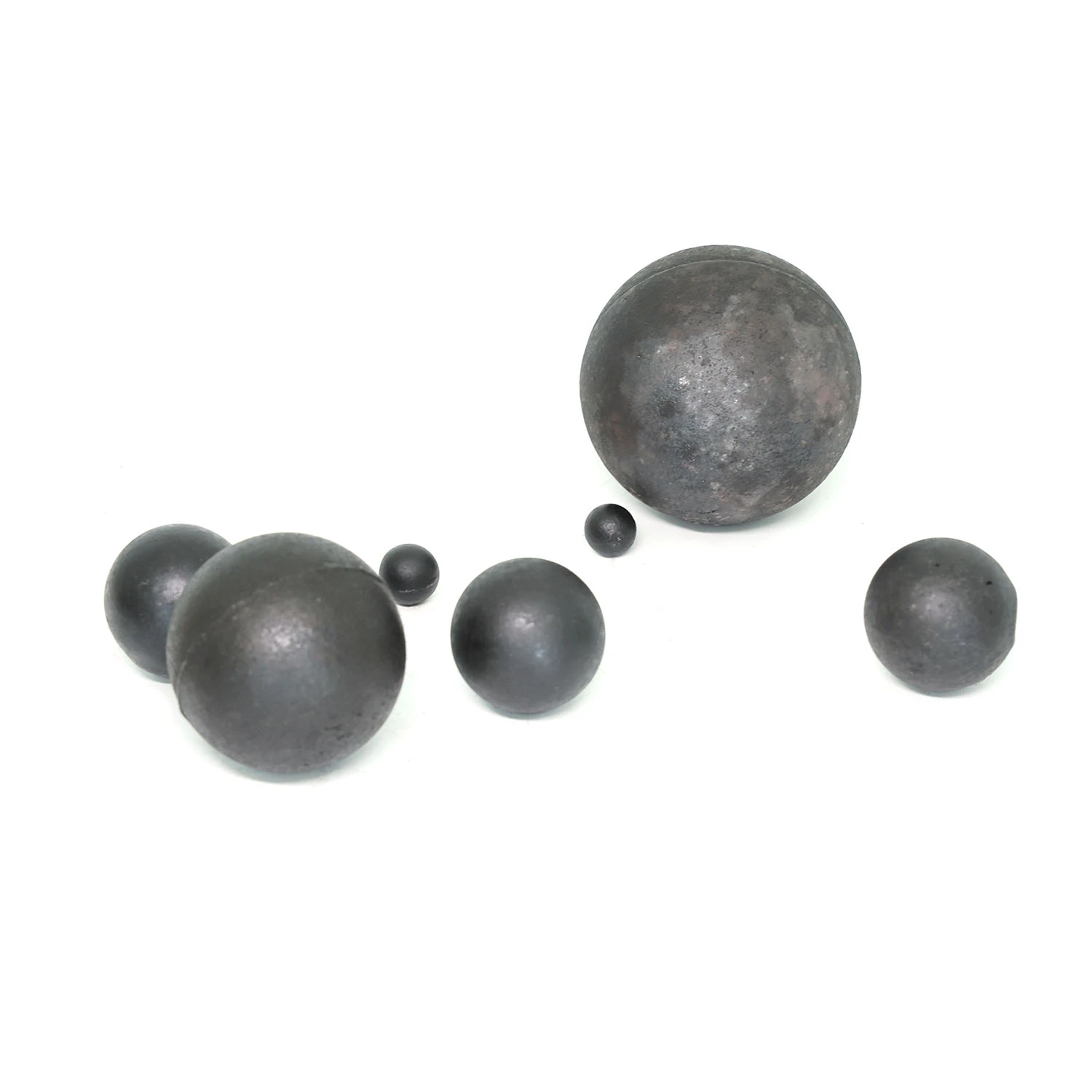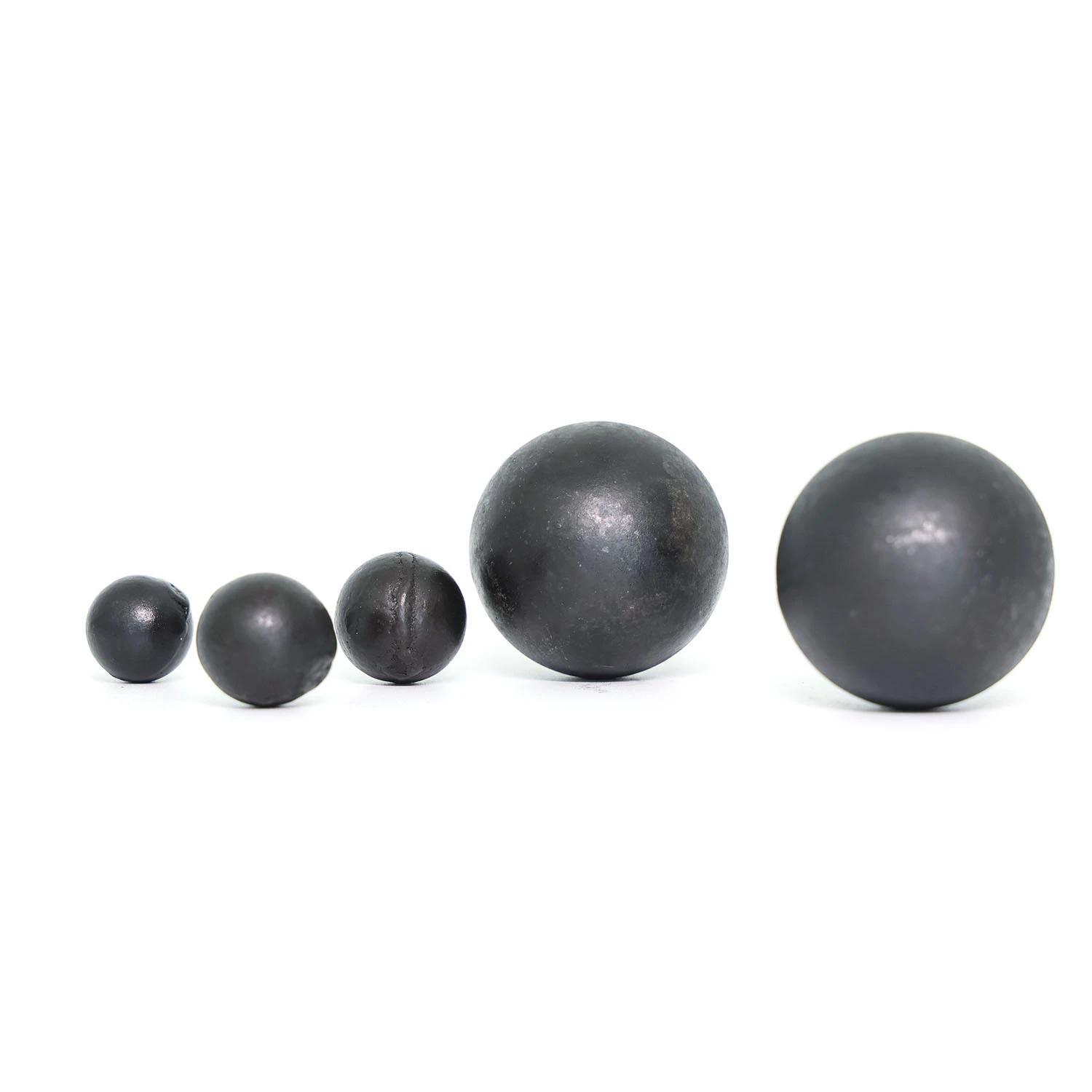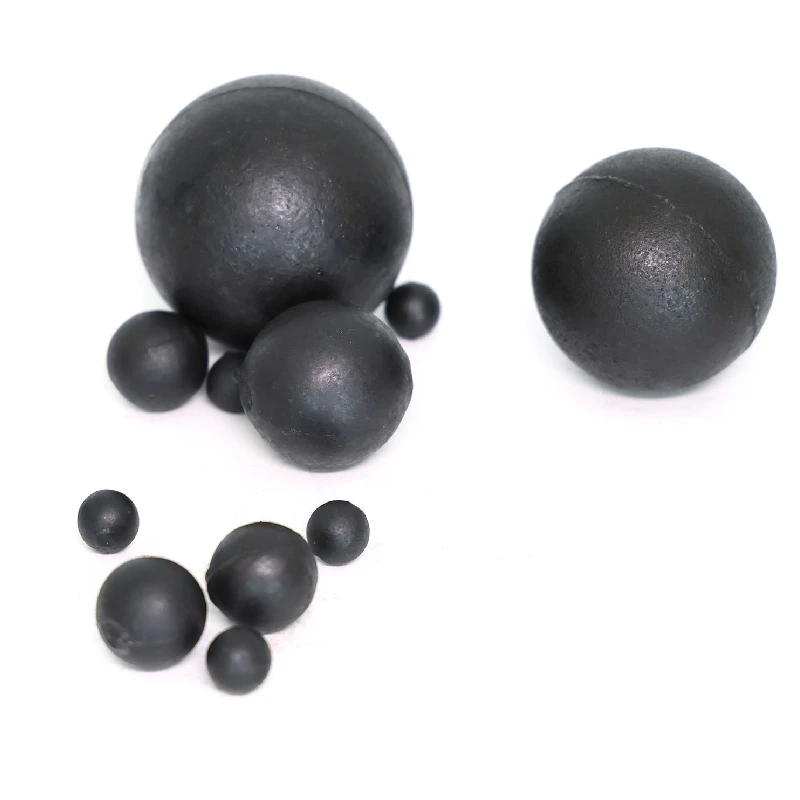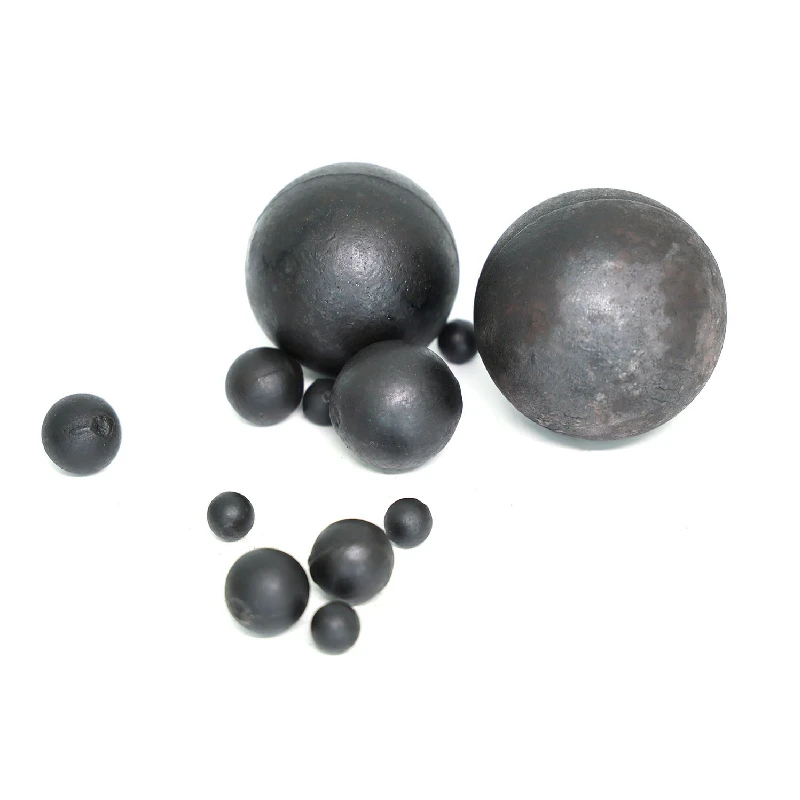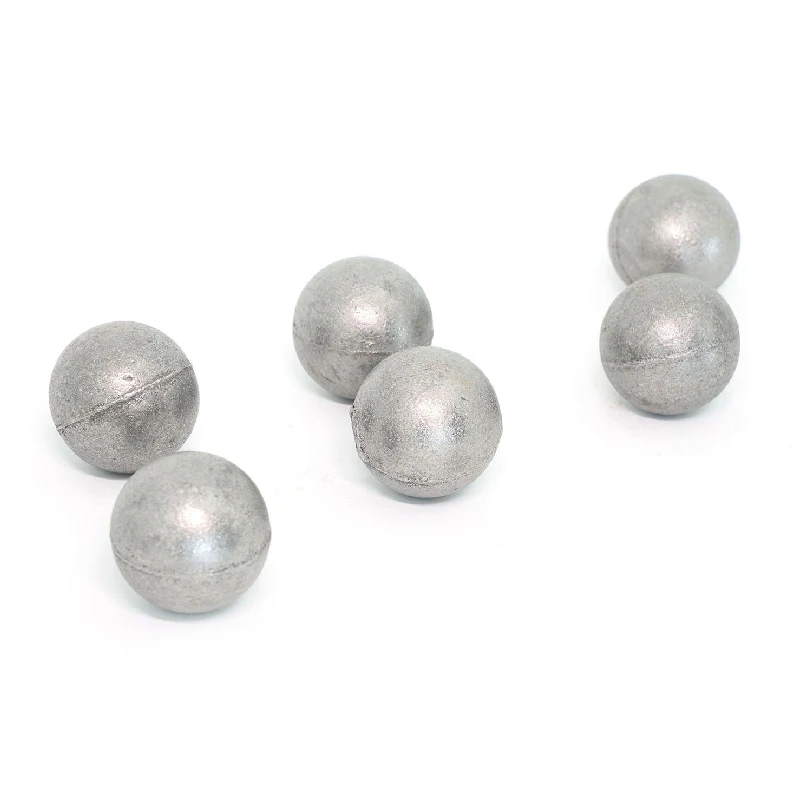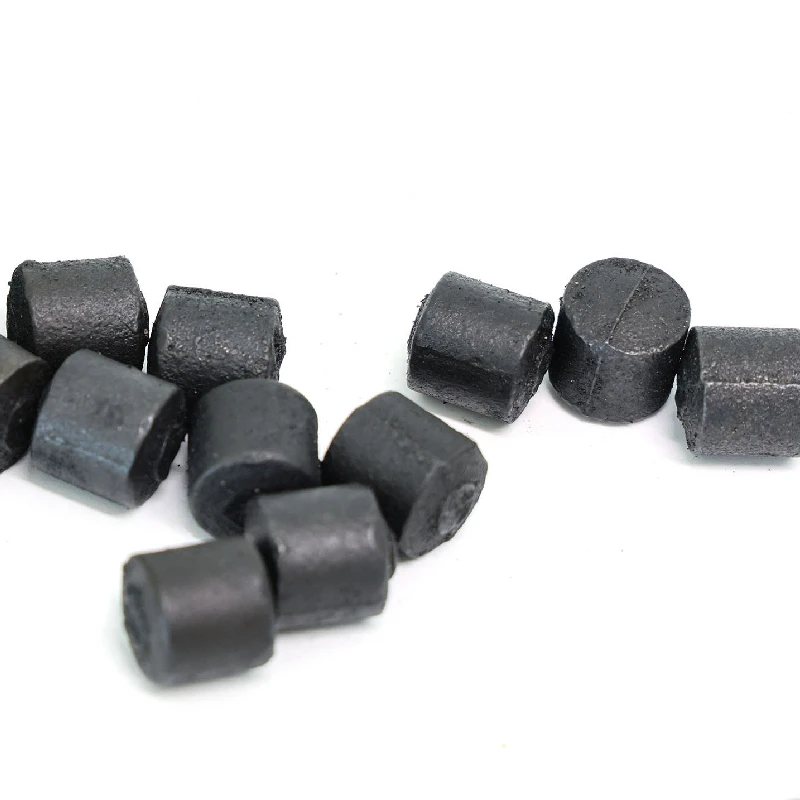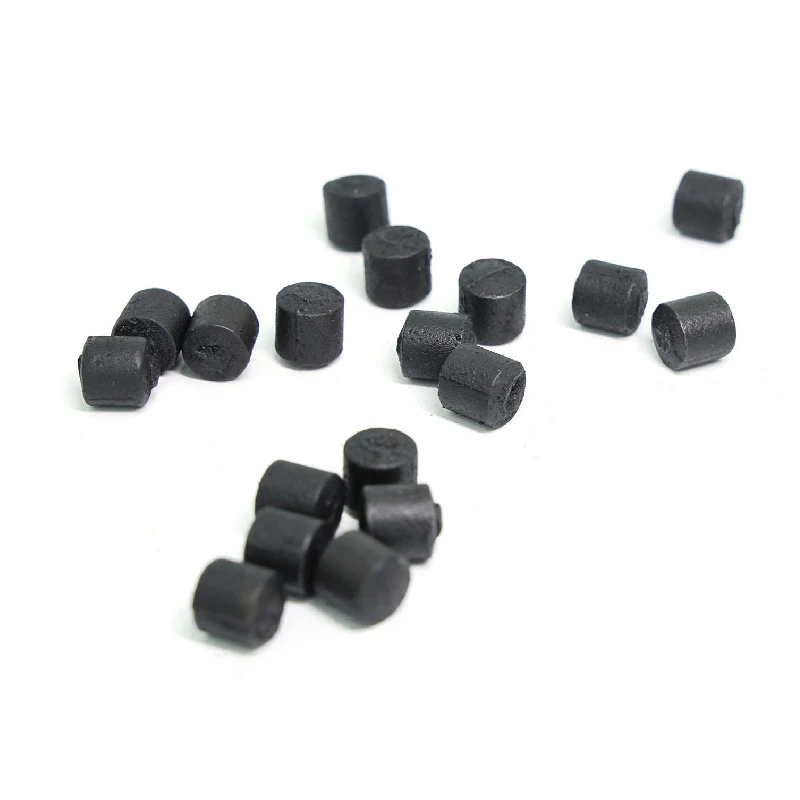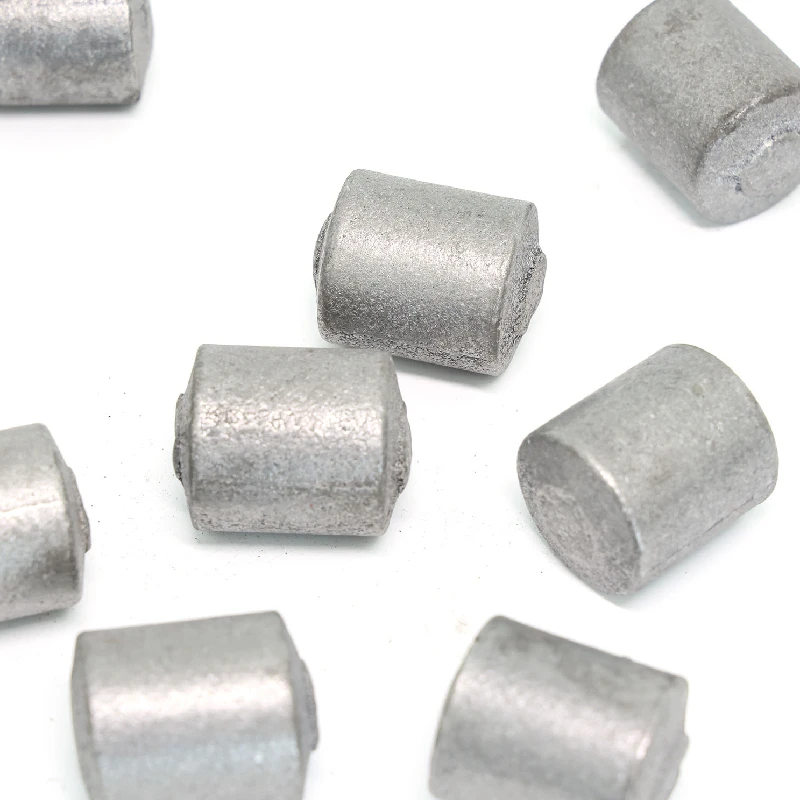- Afrikaans
- Albanian
- Amharic
- Arabic
- Armenian
- Azerbaijani
- Basque
- Belarusian
- Bengali
- Bosnian
- Bulgarian
- Catalan
- Cebuano
- China
- Corsican
- Croatian
- Czech
- Danish
- Dutch
- English
- Esperanto
- Estonian
- Finnish
- French
- Frisian
- Galician
- Georgian
- German
- Greek
- Gujarati
- Haitian Creole
- hausa
- hawaiian
- Hebrew
- Hindi
- Miao
- Hungarian
- Icelandic
- igbo
- Indonesian
- irish
- Italian
- Japanese
- Javanese
- Kannada
- kazakh
- Khmer
- Rwandese
- Korean
- Kurdish
- Kyrgyz
- Lao
- Latin
- Latvian
- Lithuanian
- Luxembourgish
- Macedonian
- Malgashi
- Malay
- Malayalam
- Maltese
- Maori
- Marathi
- Mongolian
- Myanmar
- Nepali
- Norwegian
- Norwegian
- Occitan
- Pashto
- Persian
- Polish
- Portuguese
- Punjabi
- Romanian
- Russian
- Samoan
- Scottish Gaelic
- Serbian
- Sesotho
- Shona
- Sindhi
- Sinhala
- Slovak
- Slovenian
- Somali
- Spanish
- Sundanese
- Swahili
- Swedish
- Tagalog
- Tajik
- Tamil
- Tatar
- Telugu
- Thai
- Turkish
- Turkmen
- Ukrainian
- Urdu
- Uighur
- Uzbek
- Vietnamese
- Welsh
- Bantu
- Yiddish
- Yoruba
- Zulu
Dec . 04, 2024 09:07 Back to list
ceramic grinding balls
The Importance and Applications of Ceramic Grinding Balls in Manufacturing
Ceramic grinding balls are an essential component in various manufacturing processes, particularly in the fields of materials processing, metallurgy, and chemical engineering. These balls are typically composed of ceramic materials such as alumina, zirconia, or silicate, which provide significant advantages over traditional grinding media like steel or cast iron. Their unique properties not only enhance the efficiency of grinding operations but also offer solutions for specific industry challenges.
One of the primary advantages of ceramic grinding balls is their hardness. Ceramic materials are inherently harder than most metals, which makes them highly effective in crushing and grinding materials. This hardness allows ceramic balls to maintain their shape and structural integrity even under prolonged use, resulting in superior grinding performance. Furthermore, their high wear resistance translates into a longer lifespan, reducing the need for frequent replacements and minimizing downtime in production lines.
Another critical benefit of ceramic grinding balls is their low density. Compared to steel balls, ceramic balls are significantly lighter, which can lead to lower energy consumption during the grinding process. This reduction in energy usage not only translates to cost savings but also makes ceramic grinding balls an environmentally friendly choice. Companies looking to reduce their carbon footprint are increasingly turning to ceramic media as a sustainable alternative.
Ceramic grinding balls also exhibit excellent chemical stability. Unlike metal balls, which can rust or corrode when exposed to moisture or reactive substances, ceramic balls are impervious to such damage. This property is particularly crucial in industries that deal with corrosive materials, such as pharmaceuticals or specialty chemicals, where contamination from grinding media could compromise product quality.
ceramic grinding balls

The diversity of ceramic grinding balls is another significant factor contributing to their popularity across various industries. Available in multiple sizes, shapes, and compositions, these balls can be tailored to meet specific requirements of different grinding processes. For instance, smaller balls are often more effective for fine grinding, while larger ones may be better suited for coarser applications. The ability to customize ceramic grinding balls allows manufacturers to optimize their processes for productivity and quality.
In addition to their primary grinding applications, ceramic grinding balls find use in various ancillary processes. They are employed in applications such as planetary ball mills, vibratory mills, and attrition mills, illustrating their versatility. Many manufacturers also use these balls in the production of pigments, coatings, and ceramics, where the need for very fine particles is critical.
Furthermore, the growing demand for advanced ceramics in electronics and aerospace has led to an increased need for precision grinding to achieve the required tolerances and finishes. Ceramic grinding balls play a vital role in achieving these standards, ensuring that the final products meet stringent specifications for performance and reliability.
The global market for ceramic grinding balls has expanded significantly over the past few years, driven by the rise in industrial activities and the need for efficient manufacturing processes. Industries such as automotive, paint and coatings, and pharmaceuticals are increasingly dependent on these high-performance grinding media to enhance their production efficiency and product quality.
In conclusion, ceramic grinding balls are indispensable in modern manufacturing. Their hardness, low density, chemical stability, and versatility make them a superior choice for grinding applications across various industries. As technology advances and industries evolve, the demand for these innovative grinding solutions is expected to continue growing. Companies committed to enhancing their operational efficiency and ensuring high-quality output are likely to integrate ceramic grinding balls into their processes, paving the way for a more sustainable and productive future.
-
Grinding Cylpebs and Their Impact on Milling Efficiency
NewsDec.27,2024
-
Art of Choosing and Loading Mill Media
NewsDec.27,2024
-
Maximize Your Milling Efficiency with the Right Grinding Media
NewsDec.18,2024
-
Importance and Applications of Ceramic Milling Media in Various Industries
NewsDec.18,2024
-
High Chrome Steel Grinding Balls
NewsDec.18,2024
-
High Chrome Grinding Media Balls and Their Role in Industrial Milling
NewsDec.18,2024
Realted Products


